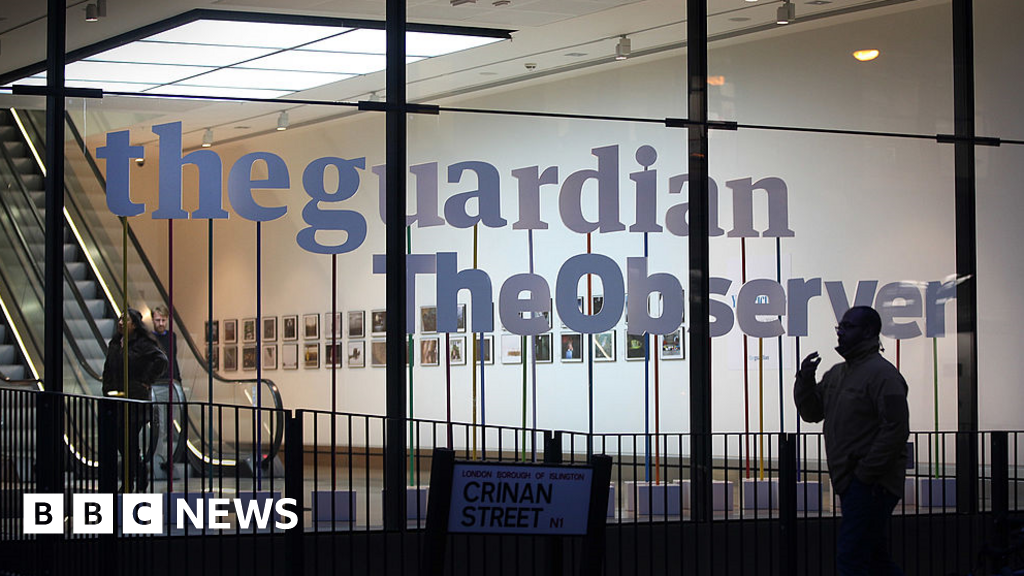Good morning. Some worrisome news to start the day: Paris has asked Brussels for another delay in submitting its budget plans, and investors are taking note: French debt prices are rising and converging with Spain’s on heightened consternation about the state of the country’s public finances.
Today, our Balkans correspondent interviews Kosovo’s leader on the anniversary of deadly clashes near its tense border with Serbia, and our Warsaw correspondent reports on Poland’s government weaponising a report into its predecessor’s cash-for-visa scandal.
Unhappy anniversary
One year after an armed stand-off shook Kosovo, Prime Minister Albin Kurti has warned of continued threats to stability in the region in an interview with Marton Dunai.
Context: A year ago today, paramilitaries connected to the Serb government clashed with special police units from Pristina, leaving four people dead and undermining western efforts to pacify the region through compromise.
“Since [the] terrorist attack in Banjska a year ago by this paramilitary group led by the notorious Milan Radojcic, the amount of information that we’re getting about illegal activities is enormous,” Kurti said.
He added that activities by “different criminal elements” and Serb groups had increased over the past year, compared with the years before.
For years under an international protectorate, Kosovo unilaterally declared independence from Serbia in 2008, a move Belgrade has never accepted and still resists with the support of the likes of Russia and China.
Violence erupted on September 24 last year, when a convoy of heavily armed paramilitaries entered Kosovo and holed up in a Serb monastery in the village of Banjska, with stockpiles of heavy weapons. Kosovo police shot three of the insurgents — and lost one officer — before the attackers escaped to Serbia.
Radojcic, a former gangster and politician from Serb-majority northern Kosovo, later acknowledged to have led the attack, but remains free in Serbia.
Kosovo, in turn, has intensified efforts to root out Serb influence on its territory despite a growing pressure from the west to adhere to a previous compromise agreement with Belgrade.
Measures include a phaseout of Serb-issued vehicle licence plates and personal IDs, cracking down on smuggling between the neighbours and a ban of the Serbian dinar commonly used in Serb areas instead of the euro, which Kosovo unilaterally introduced.
Kurti said that “it has become illegal not to act” on Serb influence. “We want a rule of law in place not to endanger peace and security.”
He added that his government’s measures had been “completely on the right side”, although Serbs have denied any malicious activities.
One year after Banjska, a compromise deal seems very far off.
Chart du jour: Dither and deliver

Potentially allowing Ukraine to use long-range missiles on targets in Russia is the latest in a series of “salami tactics” taken by western allies as they seek to assist Ukraine’s defence while avoiding escalation with Moscow. Here’s our read into how Kyiv navigates the Kremlin’s red lines — and western indecision.
Border control
Poland’s Prime Minister Donald Tusk yesterday seized upon a report about illegally acquired work visas to accuse the previous rightwing government of having undermined the country’s security, writes Raphael Minder.
Context: Last October, Tusk’s coalition defeated the ruling Law and Justice (PiS) in elections, held only one month after the government got engulfed in a major scandal over Polish visas allegedly sold for cash via its consulates across the world.
Since taking office, Tusk’s government has continued to present PiS as a party that talked tough on immigration but failed to protect Poland’s borders, as showcased by its illegal visa scheme.
In contrast, Tusk in May rejected the EU’s reform of its migration system, saying that “the EU will not impose any migrant quotas on us”.
Tusk’s government also recently announced tighter rules for student visas to stop people misusing them to work in Poland.
Yesterday, Tusk said a draft report from state auditors questioning how 366,000 visas were granted under PiS to people from African and Middle Eastern countries “confirmed our worst suspicions”.
“While Polish soldiers and border guards were risking their health and lives to protect us from the wave of illegal migration organised by [Russian President Vladimir] Putin and [Belarusian President Aleksandr] Lukashenko, the PiS government let in 366,000 people from Asia and Africa, also for bribes,” Tusk said.
Jan Grabiec, who heads Tusk’s chancellery, separately claimed that this figure was higher than the number of migrants Belarus and Russia had been trying to smuggle across the Polish border.
At a time when Germany and others are also increasingly critical of immigration, expect Tusk’s Poland to stay at the front of the pack.
What to watch today
-
Italian Prime Minister Giorgia Meloni, Belgian premier Alexander De Croo and other world leaders address the UN General Assembly in New York.
-
EU general affairs ministers meet.
Now read these
Are you enjoying Europe Express? Sign up here to have it delivered straight to your inbox every workday at 7am CET and on Saturdays at noon CET. Do tell us what you think, we love to hear from you: europe.express@ft.com. Keep up with the latest European stories @FT Europe
















































































































































You must be logged in to post a comment Login